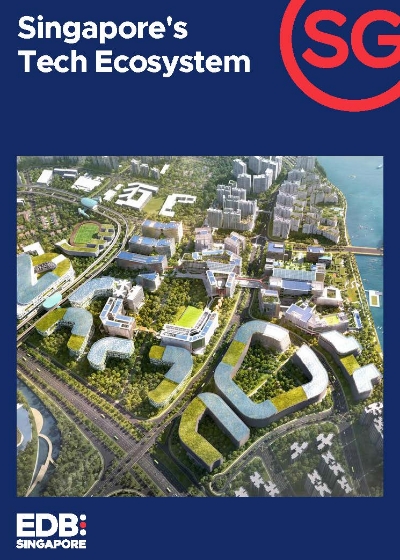The Republic can sustain a three per cent gross domestic product (GDP) growth rate, thanks to innovation and productivity gains from artificial intelligence (AI) tools, according to research from Morgan Stanley.
That growth rate means Singapore would remain one of the fastest-growing developed economies globally.
The country, which had a population of 6.04 million as at June 2024, had most economists forecasting a growth rate of zero to two per cent after the second-quarter GDP was higher than expected. It previously had an official forecast downgraded to zero to two per cent for 2025 from a range of one to three per cent.
It had 4.4 per cent GDP growth in 2024 and 4.2 per cent year-on-year growth in the first half of 2025.
The city-state is one of the top AI markets globally relative to its size, aided by an AI-development friendly ecosystem built by the government. It is ranked in the top 10 across multiple indices, such as the Stanford Global AI Vibrancy Index.
Based on Morgan Stanley’s survey results, published on Thursday (17 July), over 70 per cent of companies have adopted AI. Top use cases found were labour savings, product development, and supply-chain efficiencies.
Singapore is home to more than 80 active AI research faculties, 150 AI research and development and product teams, and over 1,000 AI startups, said the report.
The country has attracted “strong” industry participation in generative AI (GenAI), especially in 2025.
Salesforce pledged a US$1 billion (S$1.29 billion) investment across the next five years in an AI push, with its flagship AI offering Agentforce able to help quickly expand Singapore’s labour force amid its ageing population and birth-rate struggles.
Meanwhile, Oracle launched an AI Centre of Excellence, aiming to provide training to upskill studentsand professionals in cloud-based and AI technologies and experimentation for organisations to testearly AI innovations.
Which companies are major enablers of AI, and which are adopting the technology? Here’s what Morgan Stanley says.









